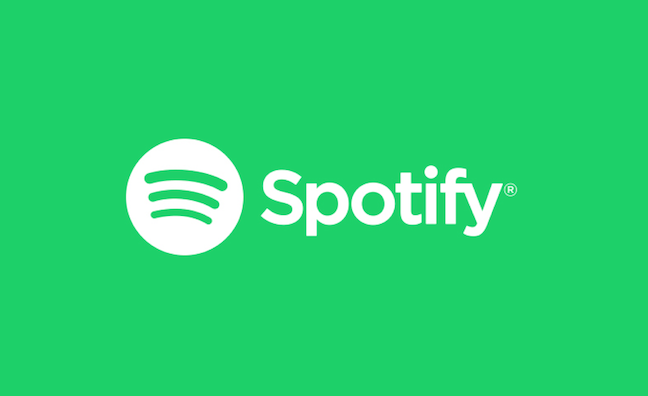The new Spotify-Universal licensing deal has been a long time coming. The music business has been waiting for the world’s leading audio streaming service to agree to windowing albums on its premium tier for even longer.
So, now that both have finally come through, what does it mean for the business right now? And how did it happen? Both parties refused to comment further publicly, but Music Week spoke to sources familiar with the matter to gain further insight on the key elements of the deal…
Windowing
It’s easy to see Spotify’s concessions over windowing as a climbdown. And, in many ways, that’s what it is. After all, tech giants from Apple to Google have always insisted that it’s their way or the (information super) highway. To see one change its mind on such a fundamental principle – and Daniel Ek and co. have regularly stated the importance of releases being available on both Spotify tiers – is almost unprecedented.
But apparently, negotiating that stance away was unproblematic. Universal sources maintain the agreement on windowing was one of the easier clauses to agree in the deal, and that the major didn’t have to dig in to make it happen. Which surely means Spotify can see its own advantages in changing tack. It's likely that Spotify is gambling the exclusives fad has burned itself out and that only the very top tier of artists is likely to take advantage of the windowing option anyway.
With Ed Sheeran and Drake showing the potential for blockbusting streaming numbers, and streaming vital to break new acts, they may well be right. And, if – as George Ergatoudis predicted in Music Week last year – it gets the likes of Adele and Taylor Swift to embrace the service, it may be a price worth paying. Spotify’s market-leadership looks secure for now, in any case. But never again will Spotify be able to claim a red line on anything they do. Everything is now negotiable, and the music industry is unlikely to forget that.
Streaming Rates
If Universal got the windowing it wanted then that must mean Spotify got the reduced revenue share rate it was after, right? It’s not quite that simple.
According to Music Week’s sources, this was the subject that required the most complex negotiations. And the upshot appears to be that an across-the-board rate change would only be triggered by a complex formula of completed business performance targets on Spotify’s part. The details remain a matter for Universal, Spotify and their NDAs, but typically such deals would be likely to include significant growth on subscriber numbers and free-premium ratios.
Or, in other words, Universal needs to be winning on scale in order to cut its rates on specifics. Whether that solves Spotify’s eternal problem – making a profit while paying out more than it brings in – may be a moot point, but it should buy them some time with the City and Wall Street. And with an IPO looming, that may be all they care about right now.
Marketing
As subscriber numbers grow and the streaming environment becomes increasingly competitive for artists, and Spotify becomes ever more crucial to chart position, so marketing both inside and outside the Spotify eco-system becomes ever more important.
All music business watchers will have noted the rise of co-op ads – once the preserve of physical retailers – between labels and Spotify and you can expect that to grow even more now they’ve pledged to collaborate “on innovative marketing campaigns across Spotify’s platform”.
Plus the major now has access to additional Spotify data to use for its own purposes and to help build tools for its artists and managers. Universal is the world leader on streaming and it clearly intends to stay that way.
The Rest Of The Industry
So, now Spotify has signed with the market-leader, will the rest of the industry follow? We know the other majors, Merlin and the major publishers are all currently in negotiations – Sony/ATV CEO Martin Bandier hinted to Music Week last year that the publisher was looking for significantly improved terms on its previous streaming deals.
Sony declined to comment - although sources there confirm it hasn't inked a deal yet - and Warner did not return requests for comment. But it’s hard to see how Spotify can avoid offering all of them the same terms. Or to see what’s to stop, say, Sony pushing for a more favourable arrangement.
For Spotify’s part, the pact with Universal should give the hurry up to everyone else to also cut a deal, also useful for that IPO. But time is of the essence. Expect this one to run for a while yet.










